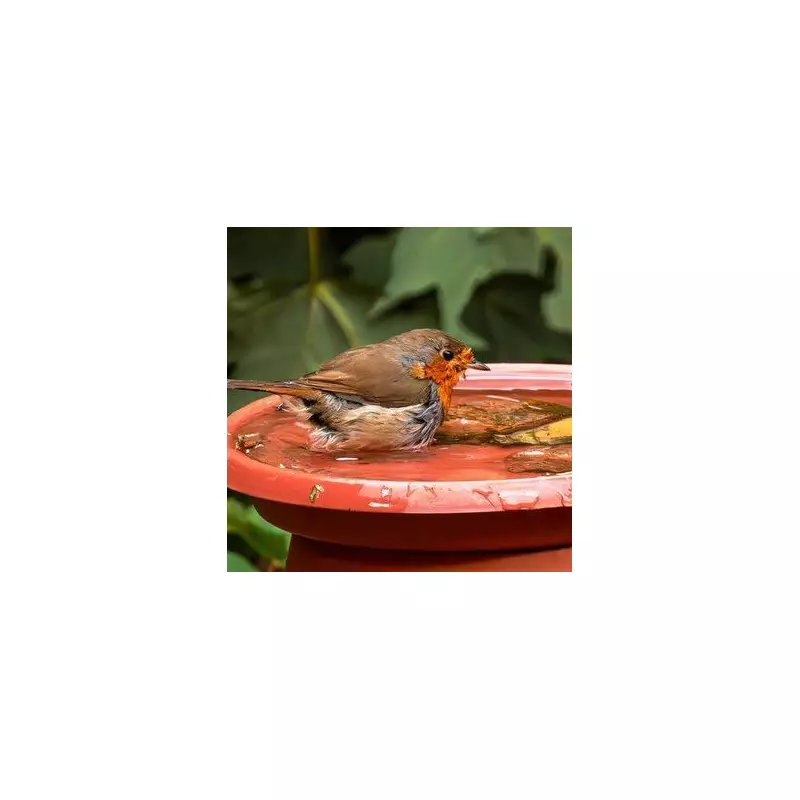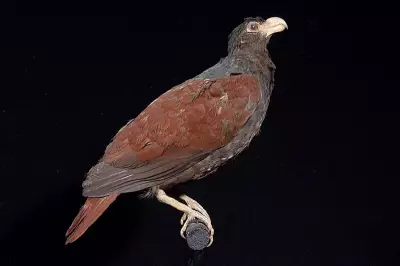
British gardeners are being urged to resist the urge to pull up one particular plant this spring - and it might surprise you. The humble dandelion, often dismissed as a troublesome weed, is actually a vital lifeline for early pollinators emerging from winter hibernation.
The Dandelion Dilemma: Weed or Wildlife Superfood?
As spring arrives across the UK, many gardeners reach for their trowels to clear what they perceive as weeds. But conservation experts are asking them to pause when it comes to dandelions. These bright yellow flowers provide crucial nectar for bees, butterflies and other pollinators during a period when few other food sources are available.
Why Dandelions Matter More Than You Think
These common plants offer multiple benefits that might change how you view them:
- Early food source - Dandelions bloom from March to May, perfectly timing with pollinators' emergence
- Rich in nutrients - The nectar provides essential energy for bees building their colonies
- Supports biodiversity - Over 90 insect species rely on dandelions as a food source
- Natural soil aerators - Their long taproots bring nutrients to the surface
The Perfect Compromise for Tidy Gardeners
For those concerned about dandelions taking over their pristine lawns, experts suggest a simple solution: allow them to flower until late May, then remove them before they seed. This approach gives pollinators the early boost they need while maintaining control over your garden's appearance.
"Think of dandelions not as weeds, but as nature's emergency food supply," explains one horticulturist. "Those cheerful yellow flowers are essentially filling stations for hungry bees making their first flights of the year."
Beyond the Garden: The Bigger Picture
This advice comes amid growing concerns about declining pollinator populations across the UK. By making small changes like tolerating dandelions until late spring, gardeners can contribute significantly to supporting local ecosystems. It's a simple act with far-reaching consequences for our environment.
So next time you spot that familiar yellow head in your lawn, consider leaving it be - the bees will thank you for it.





